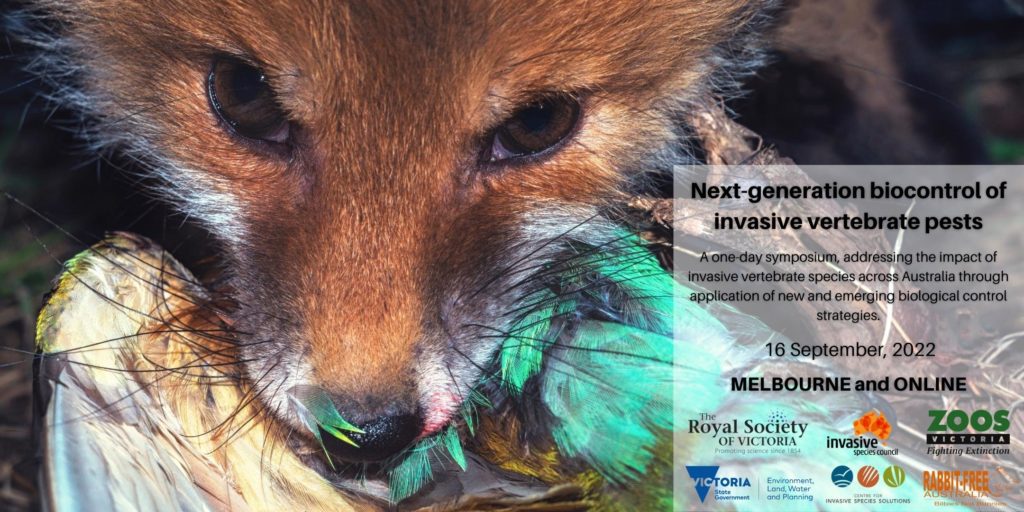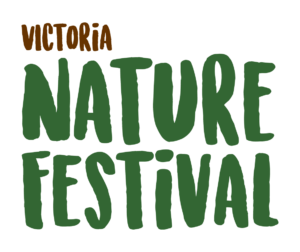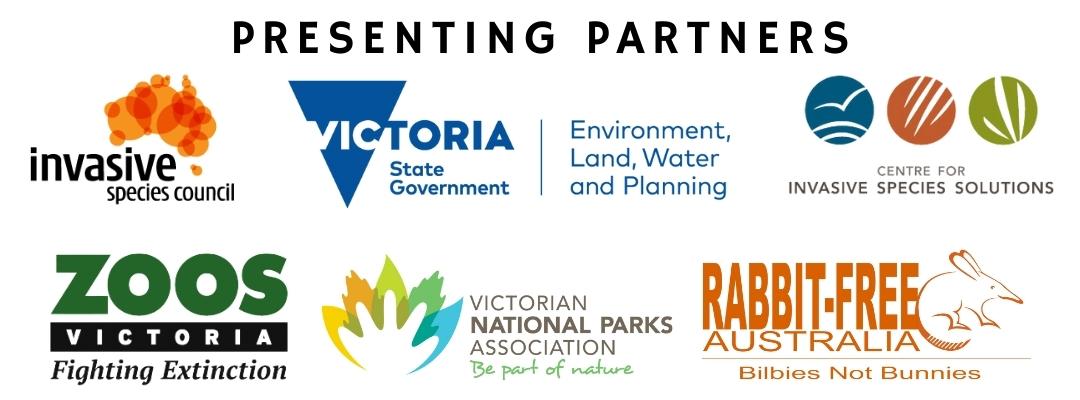Next-Generation Biocontrol of Invasive Vertebrate Pests
Convened in partnership with the Invasive Species Council, the Victorian Department of Environment, Land, Water & Planning, Zoos Victoria, Rabbit-Free Australia, the Victorian National Parks Association and the Centre for Invasive Species Solutions.

A one-day symposium to canvass the impact of invasive vertebrate species on ecosystems and agricultural activities throughout Australia, explore new and emerging biological control strategies for invasive vertebrates, and consider the ethical, social, technological, and decision-making challenges posed by these technologies for governments, industries and land managers.
Who should attend?
We welcome all audiences, including researchers, land managers, First Peoples, government policy leads, industry groups, conservation groups and any other parties with a stake in the challenges posed by invasive vertebrate species and an interest in emerging research that can offer new and effective tools for biocontrol in the years to come.
Benefits of participation
The symposium presents an opportunity to attain insights and access expertise in identifying and responding to some of the most pressing challenges facing the Australian continent’s ecological health from the impacts of invasive vertebrate species.

Featured topics:
Session 1: The Problem
- The necessity of the next generation of biocontrols and how to create a supportive operating environment.
Mr Andrew Cox, CEO, Invasive Species Council - Australia’s invasive vertebrates: the extent of the problems and the need for integrated, community-based solutions
Professor Euan Ritchie, Deakin University - The On Farm Cost of Invasives
Mr Gerald Leach, Victorian Farmers Federation - The Impact of Invasive Species from a First Nations Perspective
Ms Chelsea Cooke, South Central Conservation Officer, Trust for Nature & Graduate, Warreen Beek Trainee Rangers Program - The Impact of Invasive Species on Native Species
Ms Shalan Scholfield, Department of Agriculture, Fisheries & Forestry
Session 2 : The Technologies
- Overview of national collaborative pest biocontrol
Dr Andreas Glanznig, Centre for Invasive Species Solutions - Immunocontraception for feral cat management
Dr Ellen Cottingham, University of Melbourne - Biological control pipeline strategies for sustainable control of rabbits in Australia
Dr Tanja Strive, CSIRO - Developing gene drive technology for invasive rodents
Professor Paul Thomas, University of Adelaide - Genetic biocontrol of invasive fish via self stocking incompatible male system
Dr Chandran Pfitzner, Macquarie University - Fish viruses: friend or foe?
Dr Agus Sunarto, CSIRO - Developing pipelines for genetic biocontrol of vertebrates
Dr Stephen Frankenberg, University of Melbourne

Session 3: The Caveats
- A perspective on next-generation technology development from a conservation stakeholder
Professor Dan Tompkins, Science Director, Predator Free 2050 (New Zealand) - The ecology and evolution of suppression gene drives
Professor Ben Phillips, The University of Melbourne - What can we learn from theoretical models on gene drives?
Dr Aysegul Birand, University of Adelaide - Building social licence for pest animal control
Mr James Trezise, Conservation Director, Invasive Species Council - Animal welfare – posing the hard questions
Ms Rita Hawkes, Research Officer, RSPCA
Tickets are available below to either attend in person (first window) or participate in the webinar via Zoom and/or Eventbrite (second window). RSV Members are prompted to enter their “promo code” to access a member’s ticket.






